Ebola Communication Preparedness Implementation Kit
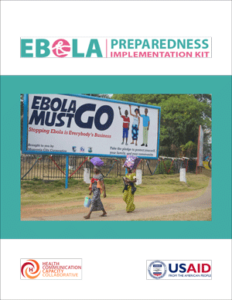 Now also available in French, this toolkit developed by CCP provides national and local stakeholders, as well as program managers, with key considerations and a roadmap for instituting and implementing critical, relevant, practical and timely communication for responding to the threat of an Ebola Virus Disease (EVD) outbreak. The I-Kit guides countries in social and behavior change communication (SBCC) and risk communication activity planning, including communication plan development for every stage of an Ebola response. For any country facing a major health crisis, national preparedness plans need to include and support communication efforts. Integration of communication into the preparedness agenda from the outset ensures that preparedness communication is harmonized, relevant, timely, financially supported and aligned among all of the preparedness technical teams. Robust national communication preparedness plans maximize the effectiveness of Ebola communication and equip communication trainers and experts with a common set of tools and modules.
Now also available in French, this toolkit developed by CCP provides national and local stakeholders, as well as program managers, with key considerations and a roadmap for instituting and implementing critical, relevant, practical and timely communication for responding to the threat of an Ebola Virus Disease (EVD) outbreak. The I-Kit guides countries in social and behavior change communication (SBCC) and risk communication activity planning, including communication plan development for every stage of an Ebola response. For any country facing a major health crisis, national preparedness plans need to include and support communication efforts. Integration of communication into the preparedness agenda from the outset ensures that preparedness communication is harmonized, relevant, timely, financially supported and aligned among all of the preparedness technical teams. Robust national communication preparedness plans maximize the effectiveness of Ebola communication and equip communication trainers and experts with a common set of tools and modules.
Sources:

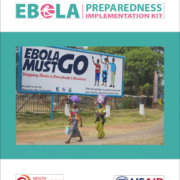
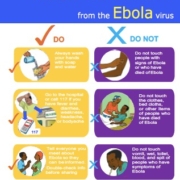
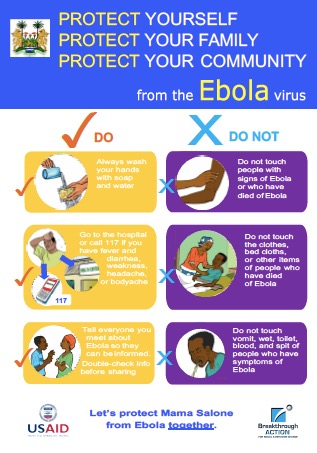 This poster illustrates the correct ways to protect against Ebola. For example: do not touch people with signs of Ebola or who have died of Ebola, but instead always wash your hands with soap and water.
This poster illustrates the correct ways to protect against Ebola. For example: do not touch people with signs of Ebola or who have died of Ebola, but instead always wash your hands with soap and water.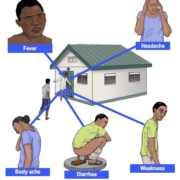
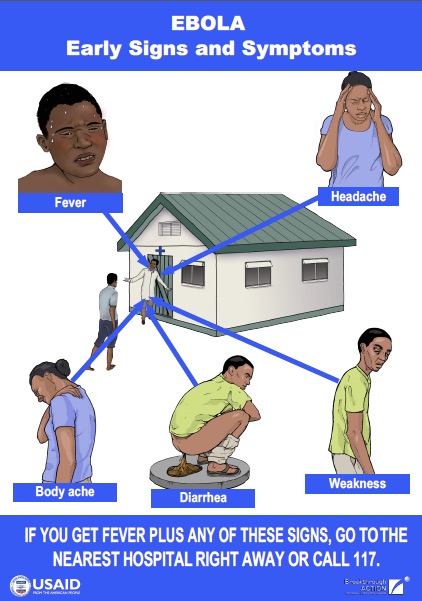 This poster illustrates the early signs and symptoms of Ebola. Early symptoms include: fever, headache, body ache, diarrhea and weakness.
This poster illustrates the early signs and symptoms of Ebola. Early symptoms include: fever, headache, body ache, diarrhea and weakness.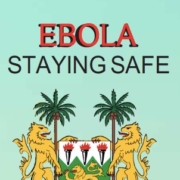
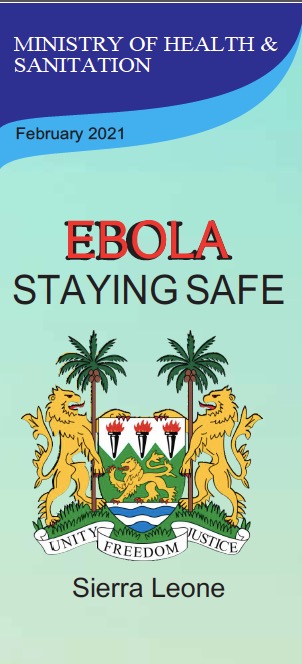 This illustrated brochure provides facts on EVD, how Ebola is spread, prevention methods and signs and symptoms.
This illustrated brochure provides facts on EVD, how Ebola is spread, prevention methods and signs and symptoms.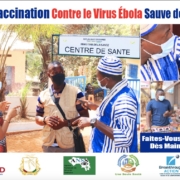
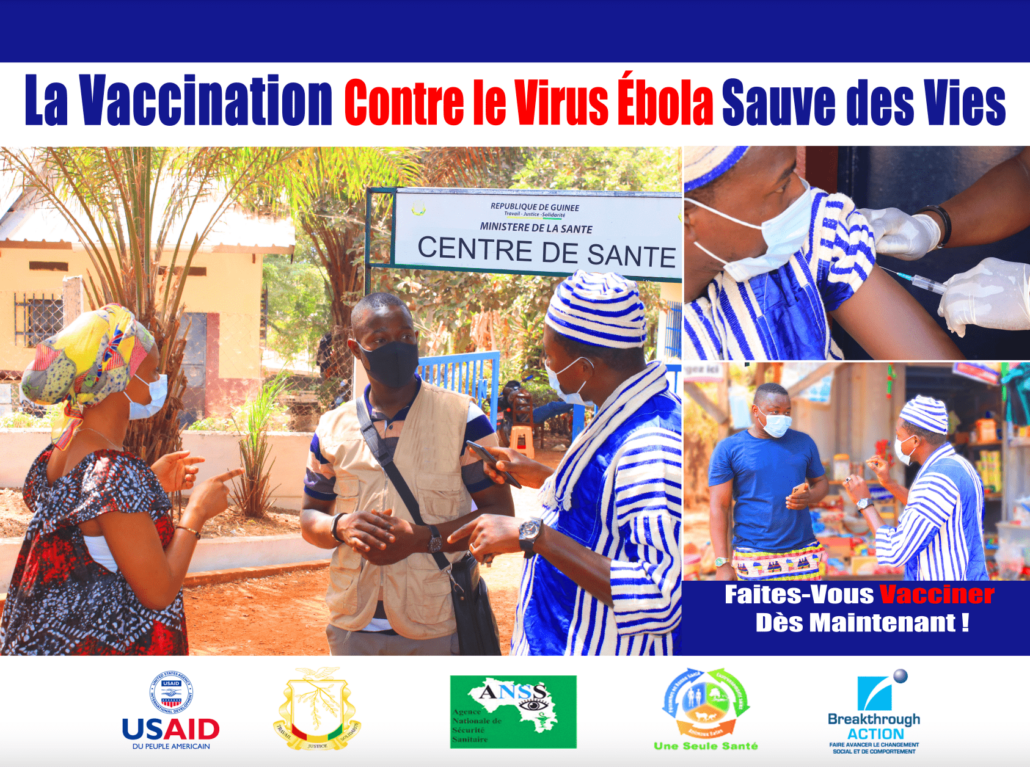 These visuals are used as billboards to encourage communities to get vaccinated, and are available in various sizes and formats.
These visuals are used as billboards to encourage communities to get vaccinated, and are available in various sizes and formats.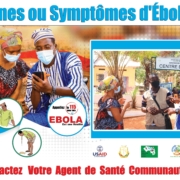
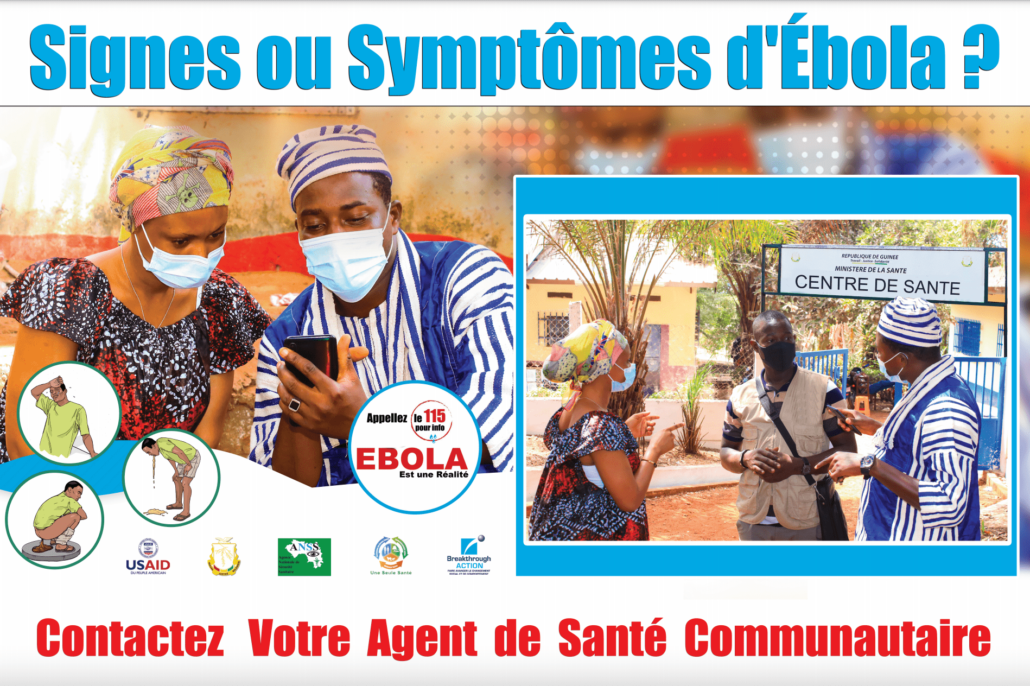 This visual, used as a billboard, illustrates the signs and symptoms of Ebola, and refers the public to local community agents.
This visual, used as a billboard, illustrates the signs and symptoms of Ebola, and refers the public to local community agents.
 These two radio spots target female and male heads of households in 9 languages, discussing how families can protect themselves against Ebola. French and English scripts are available.
These two radio spots target female and male heads of households in 9 languages, discussing how families can protect themselves against Ebola. French and English scripts are available.
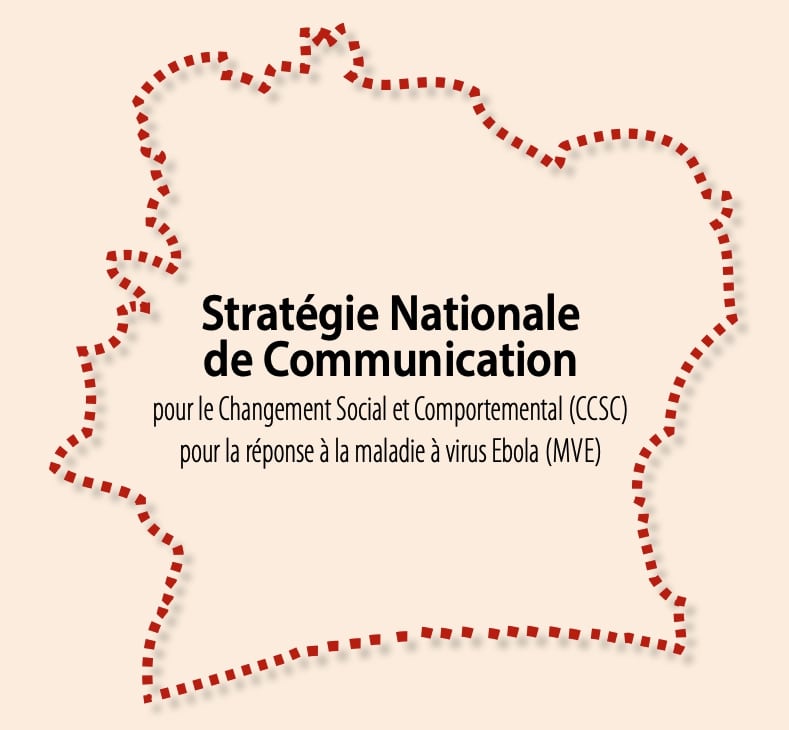 This National Social and Behavioral Change Communication (SBCC) Strategy document was developed in March 2016 to establish a coordination framework for Social and Behavioral Change Communication for the prevention of EVD, preparation of the response, and care of people with Ebola in Côte d’Ivoire.
This National Social and Behavioral Change Communication (SBCC) Strategy document was developed in March 2016 to establish a coordination framework for Social and Behavioral Change Communication for the prevention of EVD, preparation of the response, and care of people with Ebola in Côte d’Ivoire.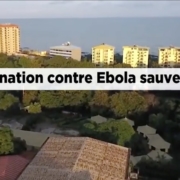
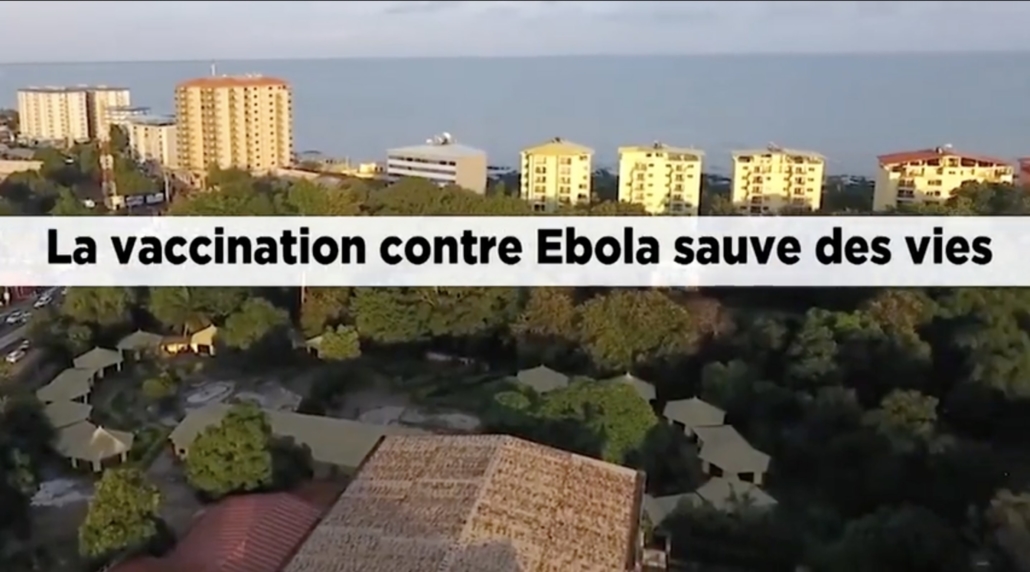 This video from Guinea discusses the importance of vaccination in the prevention of Ebola, produced in French and 5 local languages.
This video from Guinea discusses the importance of vaccination in the prevention of Ebola, produced in French and 5 local languages.
 This radio spot addresses the topic: “Why avoid direct contact during an Ebola outbreak?”, and is produced in 5 languages (French, Swahili, Kikongo, Lingala and Tshiluba).
This radio spot addresses the topic: “Why avoid direct contact during an Ebola outbreak?”, and is produced in 5 languages (French, Swahili, Kikongo, Lingala and Tshiluba).